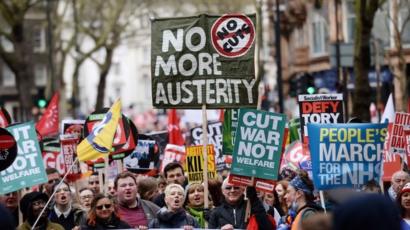
Check on NaspRead the synthesis of three of my recent articles dealing with the electoral answer to a crisis situation (written before the Covid19 emergency).
How will the electorate react to the present crisis? What about the myopic attribution of the responsabilities suggested by a realist approach to retrospective voting. And what about the hypotheses of benchmarking the situation and the capacity of managing the health emergency (tests, vaccines, lockdowns, differentiated policy measures…)?



